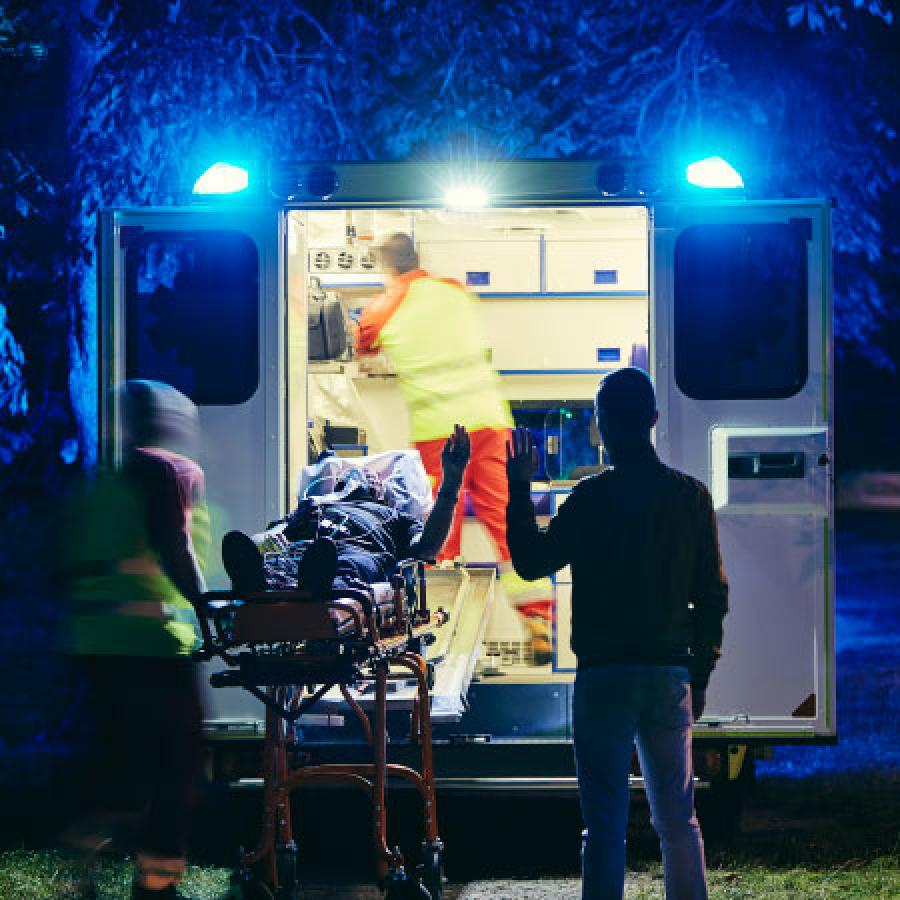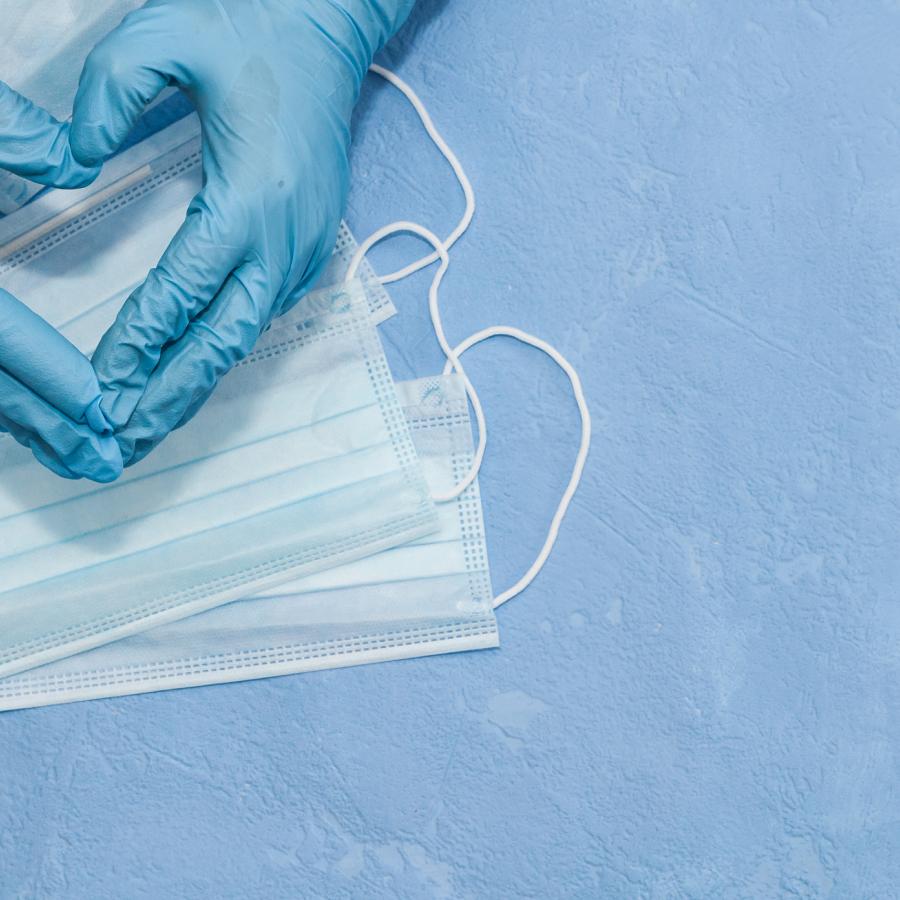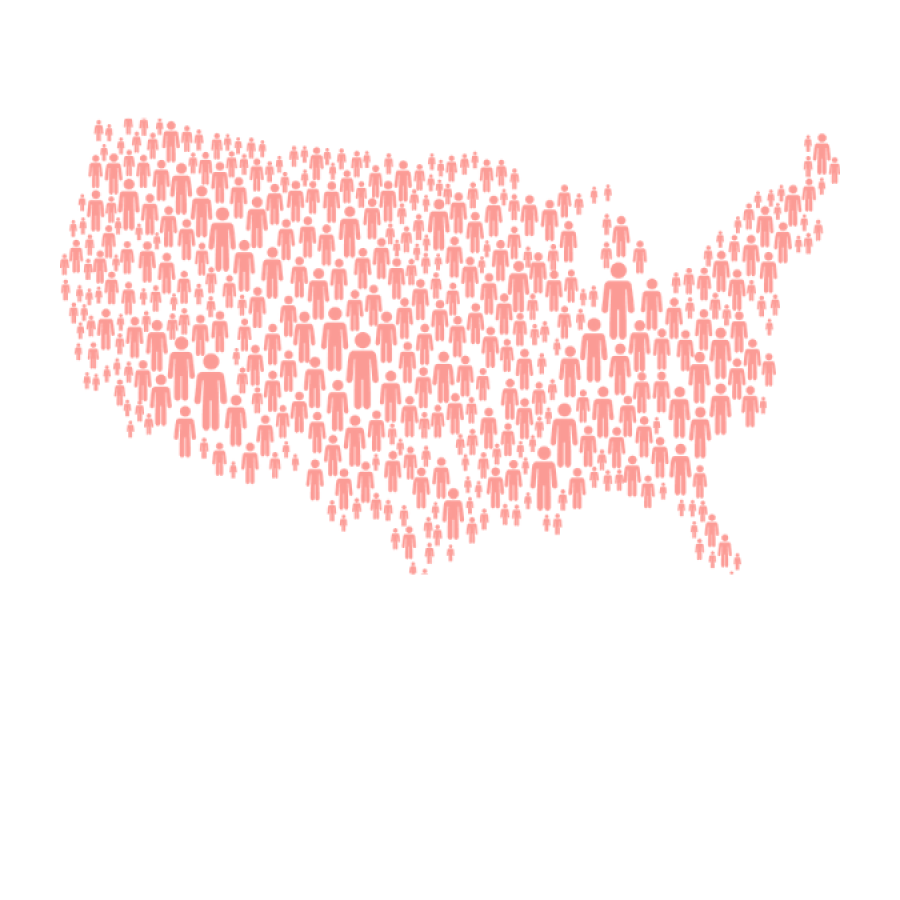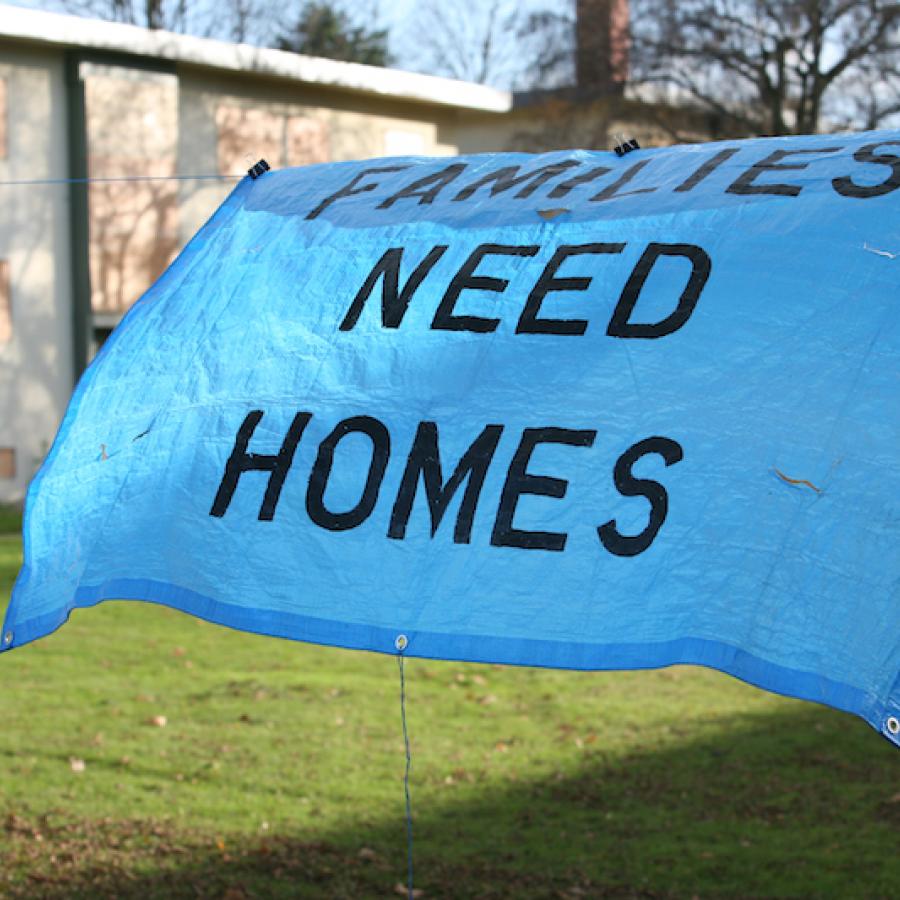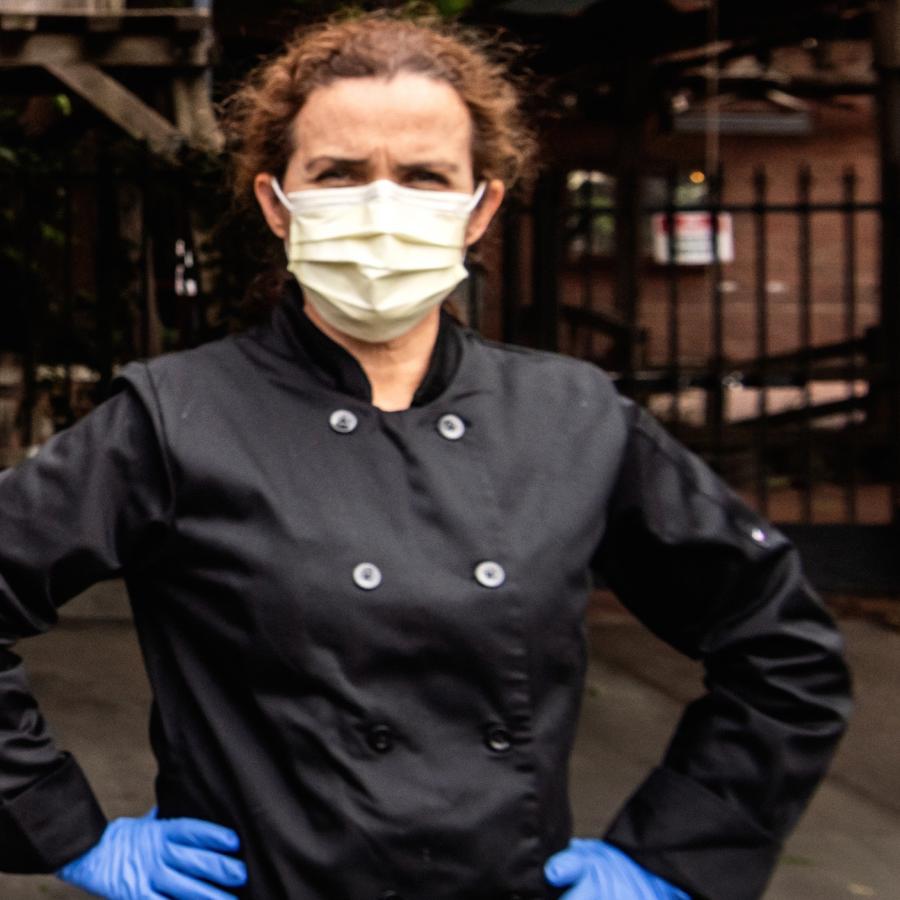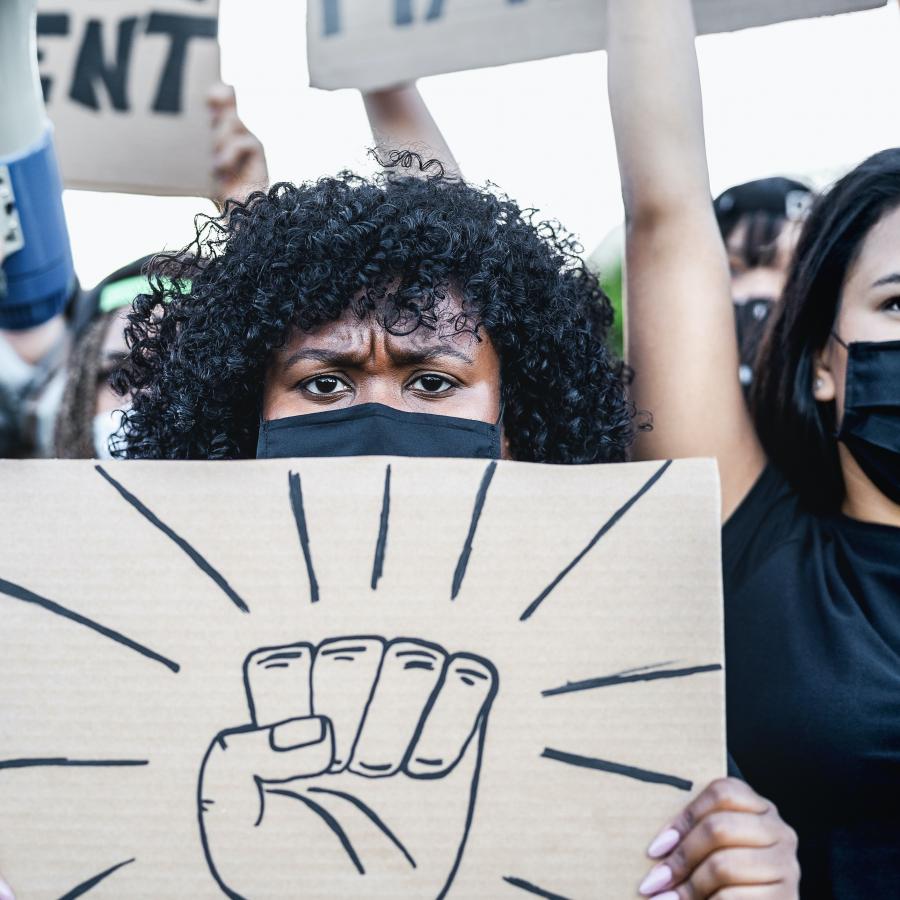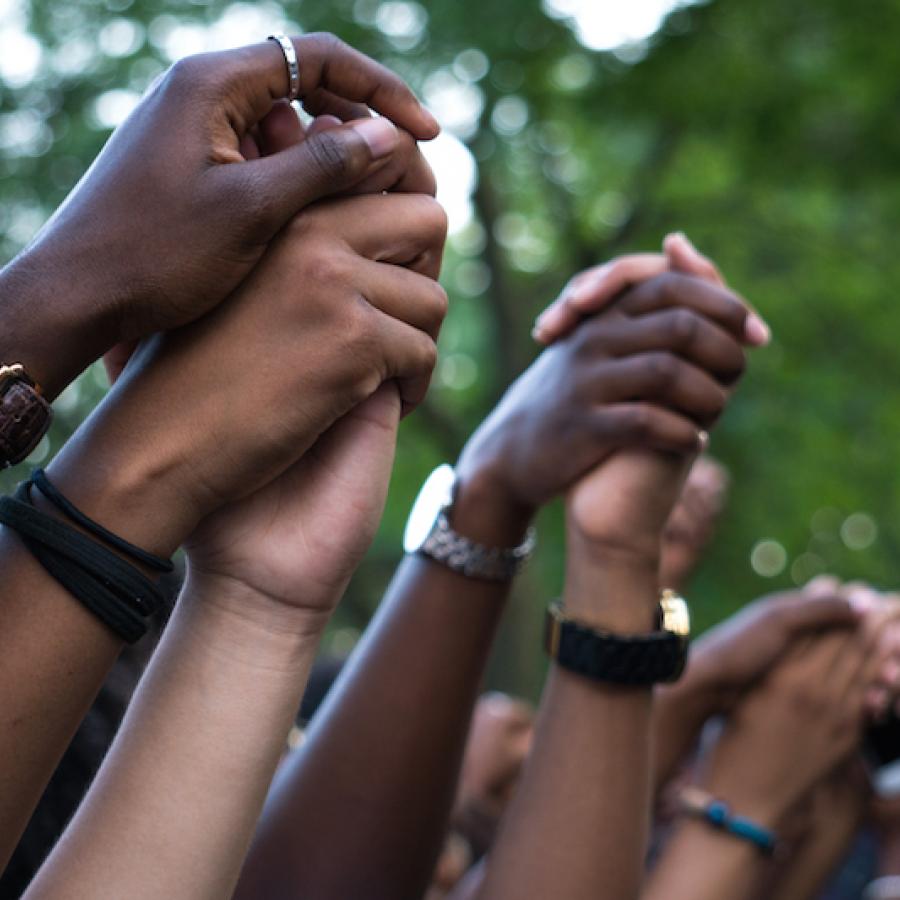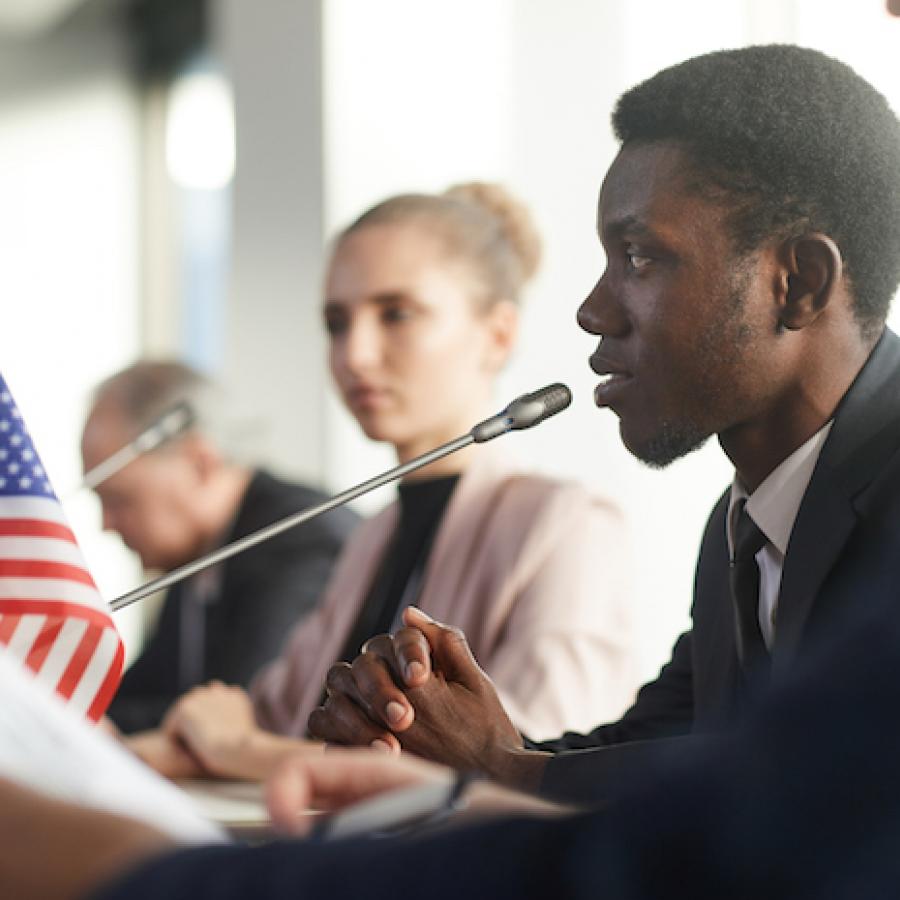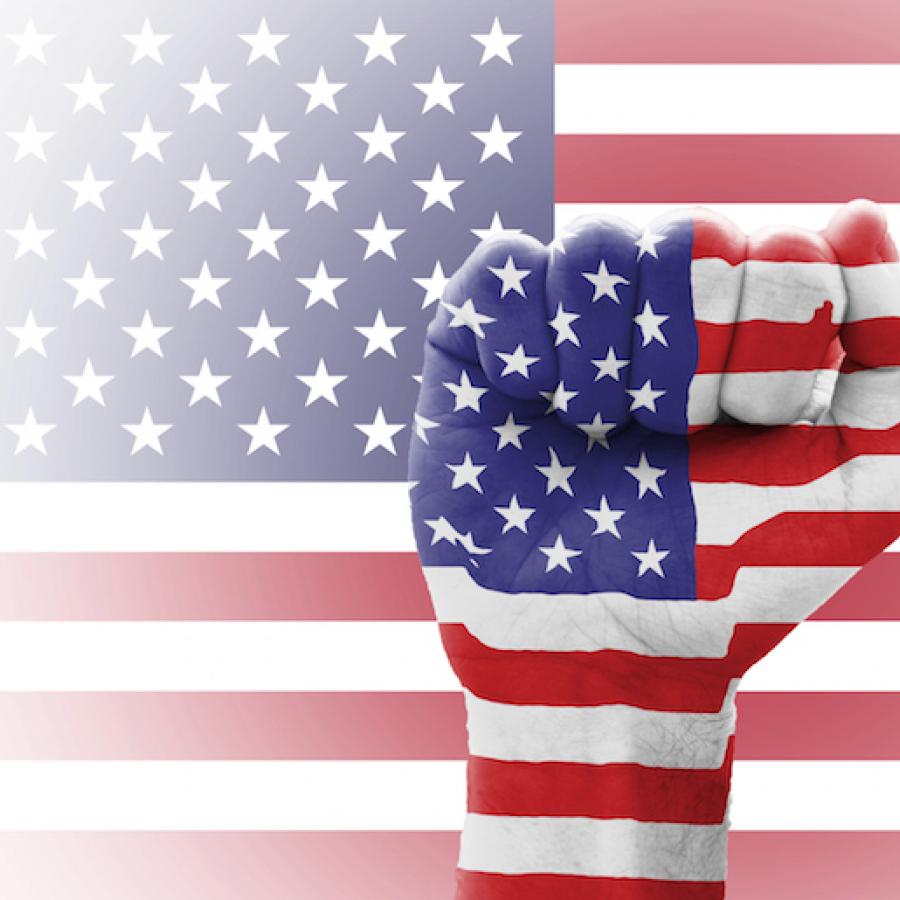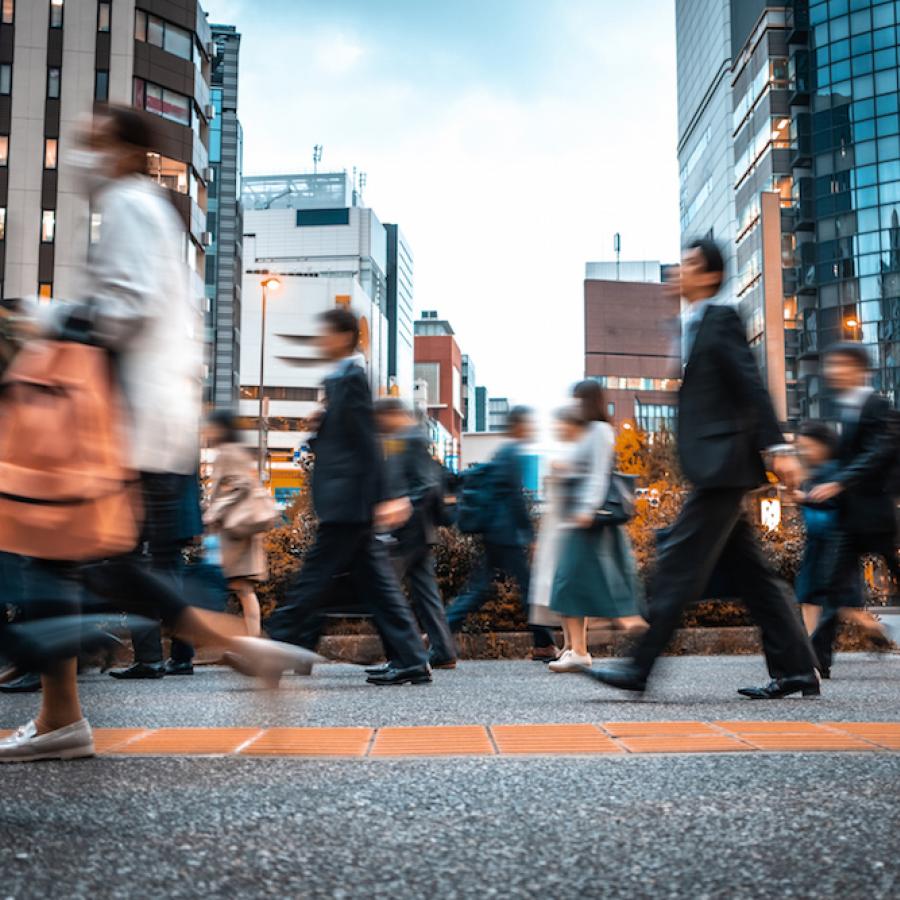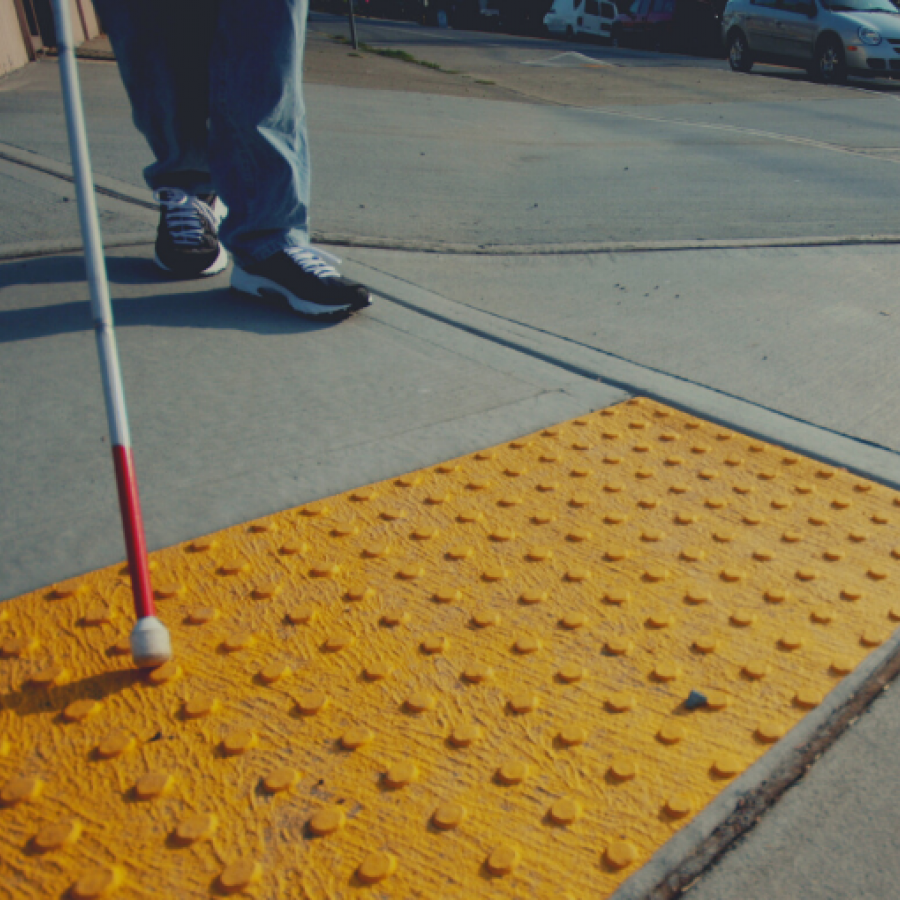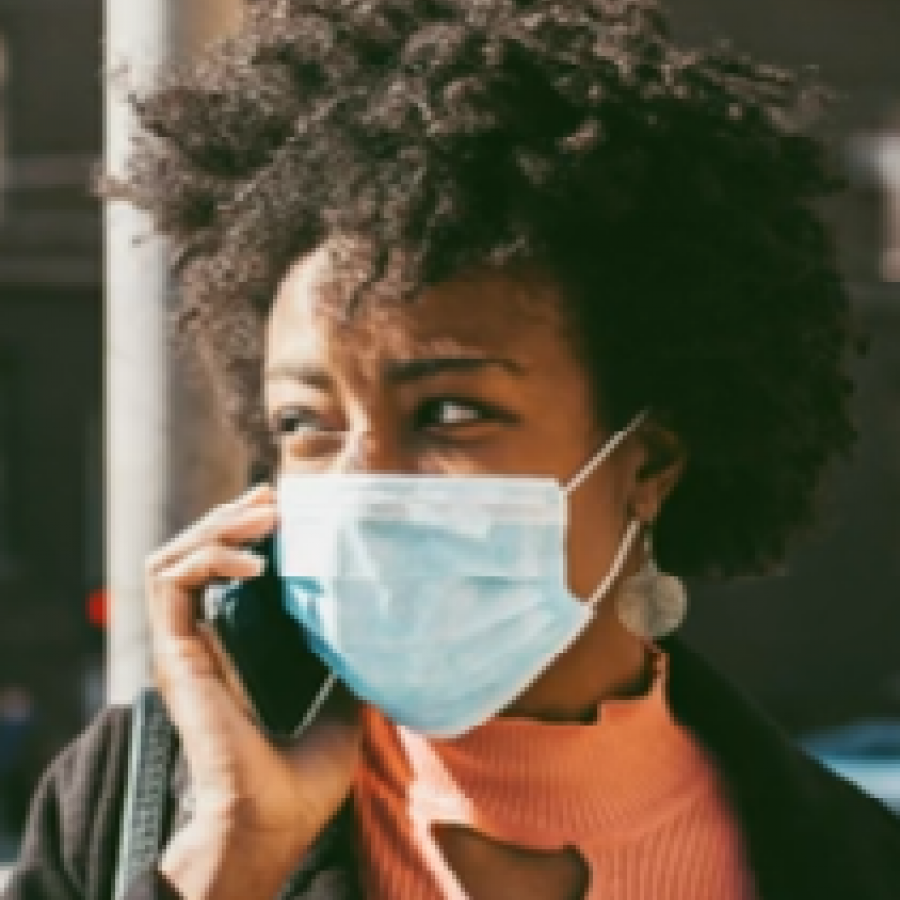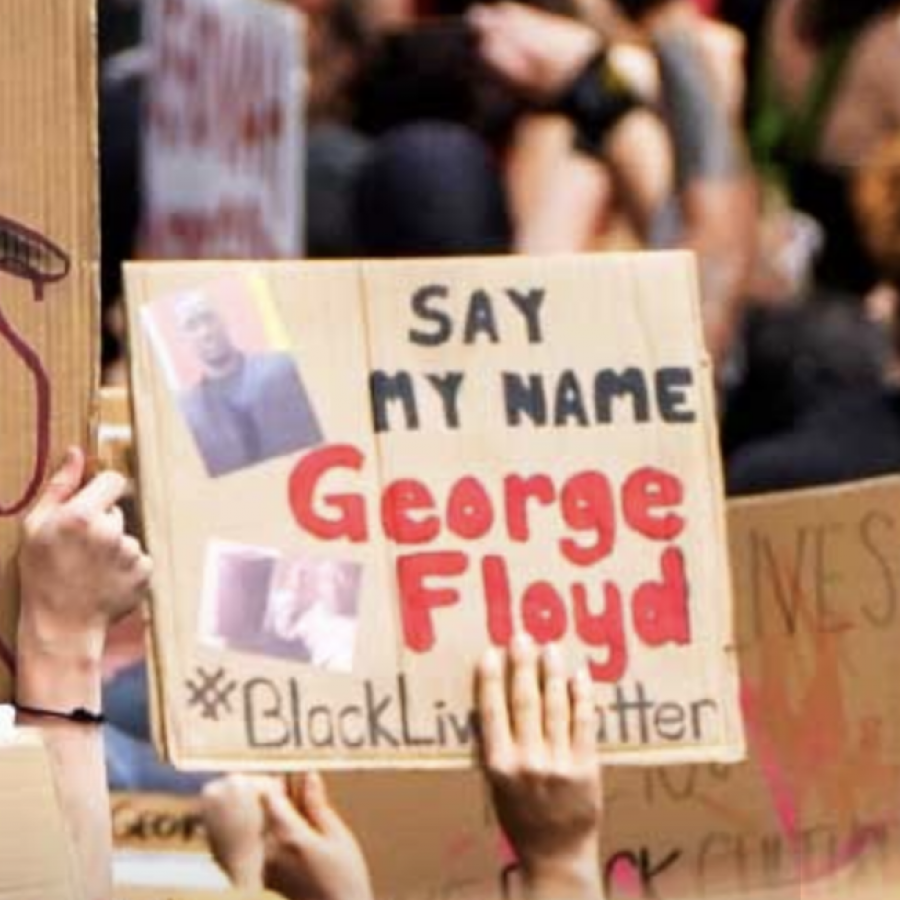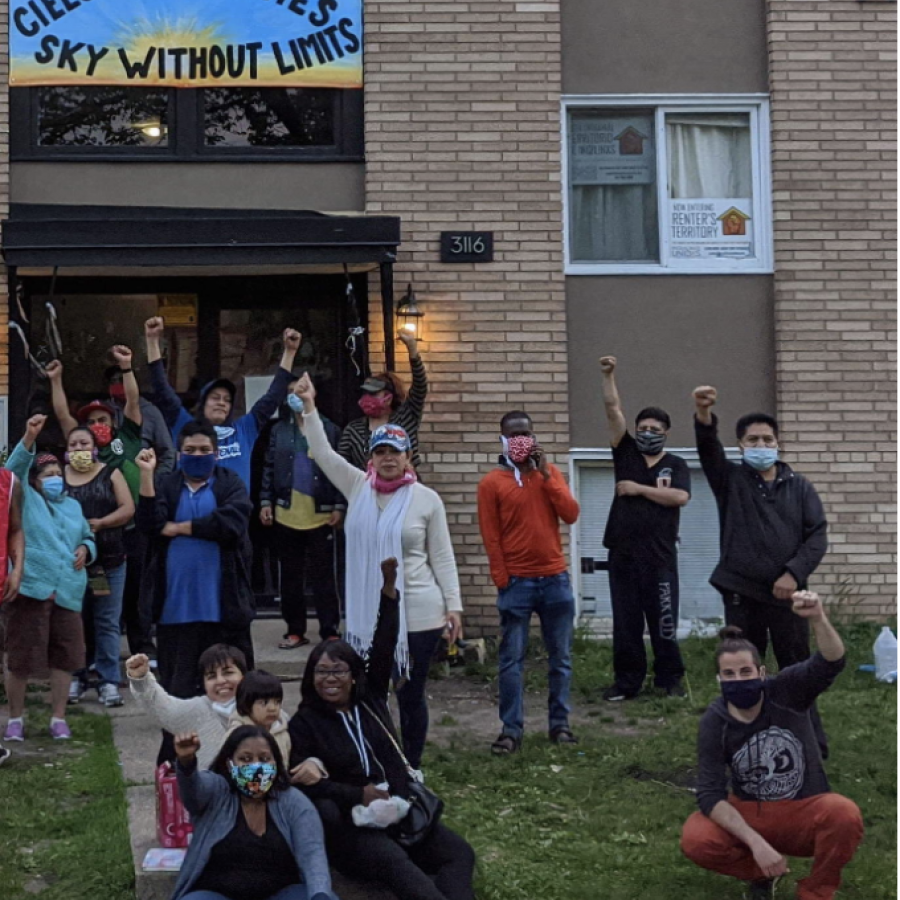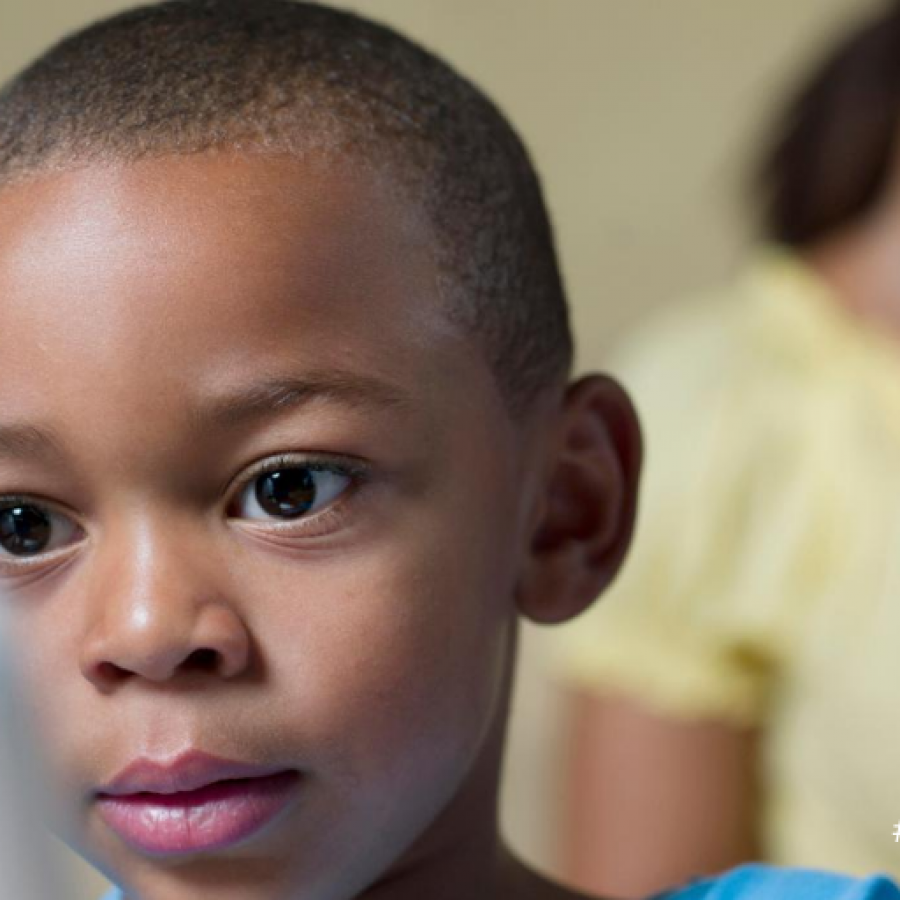Building momentum for reparations, centering Black and Brown women in economic recovery, and how the Navajo Nation controlled coronavirus, in this week’s Covid, Race, and the Revolution.
Issue No. 18. August 12, 2020
Momentum Builds for Reparations
By James A. Crowder Jr.
A long-overdue reckoning on racism in America has created unprecedented momentum for reparations as a policy tool to address racial inequities. Amid civil unrest following the murder of George Floyd, and a pandemic that is disproportionately killing Black people, the city council of Asheville, North Carolina, in July passed legislation establishing a reparations fund. The action followed a similar move in Evanston, Illinois, but with an explicit focus on homeownership and business opportunities as pathways to closing the racial wealth gap.
Seizing this momentum, other jurisdictions are engaging in rigorous analyses of how a reparations program could best be structured. The mayor of Providence, Rhode Island, signed an executive order to pursue a “truth telling and reparations process” predicated on first discerning the role that the state has played in slavery, the genocide of Indigenous people, forced assimilation, and the seizure of land. Similarly, the California Assembly passed Bill 3121, establishing a task force to study how reparations could be awarded and how eligibility would be determined.
Several leading businesses have also acknowledged the need for reparations for slavery — and for rectifying their role in perpetuating racialized inequities. For example, the British insurance exchange Lloyd’s of London has agreed to make reparation payments for its historic role in underwriting insurance policies on enslaved Africans transported during the trans-Atlantic slave trade. Other financial institutions have acknowledged the need to address the harm they have caused and perpetuated but stopped short of calling the gesture reparations. The Bank of England has issued a formal apology for the links that some of their past governors and directors had to slavery in the United States, and the Bank of America has committed $1 billion to address economic and racial inequality.
Although the current interracial dialogue on race and anti-Black racism has created a historic moment in governance and national politics, the movement for reparations for Black Americans represents so much more than simply sound policymaking. This moment has also prompted a serious national discourse on the negative impacts that slavery and systemic racism have had on Black self-determination for centuries. The United States will never truly be able to heal and move forward as a democracy until Black Americans are made to feel like full citizens. This cannot occur until the US government issues a national apology and acknowledges that the bulk of the wealth we enjoy as a nation was built on the backs of enslaved Africans.
The movement for reparations for Black Americans can be traced to the Special Field Order 15, issued by General William T. Sherman of the Union Army in the final days of the Civil War. The order provided that formerly enslaved Africans would receive portions of the 400,000 acres of land seized from the White Confederate landowners in the South. This is the origin of the “40 acres and a mule” folklore that many Black households anticipated after emancipation, as compensation for slave labor.
Upon Abraham Lincoln’s assassination, President Andrew Johnson rescinded Special Order 15 and returned the seized land to the Confederate traitors, rather than redistribute it to the formerly enslaved Africans. In the years that followed, the movement for reparations continued with limited visibility or success. The first reparations bill was introduced in Congress in 1890 by Iowa Congressman Walter Vaughan. Roughly 100 years later, in 1989, Rep. John Conyers introduced legislation, H.R. 40, to establish a Commission to Study Reparations Proposals for African Americans. The bill has been reintroduced every year since then.
The reparations movement gained traction in 2019, when Senator Cory Booker introduced companion legislation to H.R. 40 in the Senate, and acclaimed author Ta-Nehisi Coates provided televised testimony to the House Judiciary Committee based on his article “The Case for Reparations.” Public sentiment on the issue has shifted. In 2002, only 14 percent of Americans supported reparations. By 2019, 29 percent agreed that the government should determine a way to compensate descendants of slaves.
Much of the controversy about reparations stems from questions about the total amount owed and how such a program would be administered. Economist William Darity estimates that Black Americans are owed $10 – $12 trillion in reparations in order to address the Black-White wealth gap that began with the United States' original sin of slavery. Reparations could be paid through direct payments to descendants of enslaved Africans or through a fund established specifically to benefit Black people. This then raises questions about how to determine and verify lineage and how to prioritize which efforts would be supported by the reparations fund. These are the types of questions that would be answered by the Commission to Study Reparations proposed in H.R. 40.
Growing support for reparations reflects a deeper shift in public opinion about the enduring harms of structural racism and the urgency of Black self-determination. Another important sign of this shift is the recent wave of donations and grants in support of Black-led organizations. For the first time in history, many Americans are willing to acknowledge not only that racism exists, but also that organizations amplifying the voices of those most affected by oppression are best equipped to lead the charge toward positive change. Black Lives Matter has gone from being the rallying cry of a small group of dedicated activists to a leadership collective driving a massive, sustained, determined movement for justice and equity.
Tragically, it took a global health crisis and the eight minute, forty-six second video of the last moments of George Floyd’s life to prompt the nation to reckon with the way Black people have been treated for the last 400 years. Fortunately, policymakers don’t have to start from scratch. Numerous Black-led organizations have been producing analyses and working for years with communities and leaders inside and outside of government to help guide this country toward equity. We invite policymakers to lean into this moment and learn from Black organizations and Black people how this country can realize itself as a democracy where all truly are considered equal in their pursuit of liberty and justice.
James A. Crowder Jr. is a Senior Associate at PolicyLink.
News, Analysis, and Commentary, Curated from Around the Web
More than six months after Covid-19 surfaced in the United States, there has been no progress in addressing the outsized racial impact. Black Americans are dying at a rate 3.7 times as high as Whites, Indigenous people at 3.5 times, Pacific Islanders at 3.1 times, Latinx people at 2.8 times, and Asians at 1.4 times as high as Whites, according to a new analysis by APM Research. The age-adjusted data highlight the terrible fact that the disease and the government’s failed response are killing many younger people of color.
An investigation by Mother Jones finds that Black and Latinx children account for a staggering 70 percent of kids sickened by a rare inflammatory disease linked to the coronavirus. Nobody knows whether the extreme toll stems from more exposure to the virus, triggers such as pollution, or other environmental or structural factors. The finding is particularly worrisome in light of soaring coronavirus infections among children: 97,000 tested positive in the last two weeks of July, a 40 percent increase in the nation’s cumulative total of child cases, NPR reports.
Covid-19 is also bearing down heavily on health-care workers of color. They are more likely to care for Covid patients, more likely to have access only to substandard protective gear — and nearly twice as likely as their White colleagues to get infected with coronavirus, finds a new study by researchers at Harvard Medical School.
And the pandemic is making the long-standing problem of Black infant and maternal mortality worse. Black women were already more likely to die during childbirth, regardless of their income or education, Joia Crear-Perry, an obstetrician and president of the National Birth Equity Collaborative, tells the New York Times. “Now, with Covid, resources are scarce and hospitals don’t have what they need. Who bears the brunt? The people least likely to be listened to.”
Stark as all these racial disparities are, we still don’t have the full measure of the devastation in communities of color. Many states continue to lag in reporting the comprehensive race and ethnicity data for Covid-19 cases, the Philadelphia Inquirer reports.
Mounting research underscores how badly the government’s pandemic relief and response have been marred by racism. Stat reports on a new Harvard study showing the government systematically shortchanged communities with large Black populations in the distribution of Coronavirus Aid, Relief, and Economic Security (CARES) Act funds intended to help hospitals struggling to manage Covid-19. The inequities resulted from a formula that allocated large chunks of a $175 billion package based on hospital revenue — effectively rewarding rich institutions and affluent communities instead of tying relief to the Covid-19 caseload, a hospital’s finances, or local health and economic needs.
Coronavirus relief also benefits White households more than those of color: the housing assistance favors homeowners over renters, and since White households are more likely to own homes — a pattern rooted in racist housing policy — they have greater access to aid, Politico reports. Black households, who account for the largest group of renters, stand to suffer the biggest blow with the lapse of rent relief and eviction protections. A new estimate finds that as many as 40 million Americans could be at risk of eviction in the coming months. “It will be the single biggest potential displacement of Americans, certainly since the Great Depression,” Gari Blasi, professor emeritus at UCLA Law, tells the Los Angeles Times.
Another indication of the racialized pandemic response comes from the juvenile justice system: after a flood of releases in March to reduce the spread of the coronavirus, agencies have slowed down on freeing young people from detention, leaving many youth — disproportionately Black — confined without access to opportunities or connections, finds a report by the Annie E. Casey Foundation.
The Guardian examines “death by structural poverty” in a searing profile of rural Lowndes County, Alabama, where 72 percent of residents are Black, one of every 18 has tested positive for coronavirus, and “poor access to health care, failed political leadership, and the endurance of segregation and racism have contributed to a surge in deaths.” The New Yorker explores how the pandemic has intensified systemic economic racism against Black Americans. In The Atlantic, Ed Yong describes how a dismal government response, chronic underfunding of public health, an inefficient health-care system, and “racist policies that have endured since the days of colonization and slavery” allowed the pandemic to bring America to its knees.
Women fell hard when the economy collapsed, making this “America’s first female recession,” reports the news site The 19th. Unemployment among women is the highest since the government began tracking it, in 1948. The jobless rate was 15.3 percent for Latinas in June, and 14 percent for Black women, compared with 9 percent for White men.
Phumzile Mlambo-Ngcuka, executive director of UN Women, discusses the pandemic’s economic and social risks to girls and women globally, as part of a series of conversations on shaping a post-Covid world, sponsored by the New York Times and the Women’s Forum for the Economy & Society.
More than a third of Americans expect to lose wages in the next four weeks, and a quarter of Americans say they won’t make rent next month, finds the latest Household Pulse Survey by the US Census.
The Business Roundtable, which represents the nation’s leading CEOs, has urged Congress to pass another relief package to ease widespread distress. The group also has stated support for racial justice and other causes, but Bloomberg News notes that executives have done little about the one issue they can truly influence: fair wages. Corporate activism can start by paying workers more, write Nir Kaissar and Timothy L. O’Brien.
A True New Deal for the COVID-19 Era, by the Roosevelt Institute, outlines nine proposals to address the current crisis, rebalance political and economic power, and redesign institutions to carry out equitable change. Among the proposals: a federal jobs guarantee, universal childcare, corporate accountability and antitrust action, and debt cancellation. On the Radical Imagination podcast, host Angela Glover Blackwell talks with leaders behind “Building Bridges, Not Walking on Backs,” Hawaii’s feminist economic recovery plan for Covid.
Immigrants in custody who fall ill with Covid-19 have been isolated in torturous solitary cells instead of medical quarantine, two psychiatrists and a civil rights attorney write in Stat. In a sworn court statement, Oscar Perez Aguirre, who is detained in Aurora, Colorado, says that after he was treated for Covid-19, he was thrown into “the Hole” and, though he was too weak to stand, he spent two week alone in a “filthy and freezing” cell.
Three physicians who care for migrants call on the Trump administration to stop fabricating Covid-control rationales to justify anti-immigrant policies, including the latest — the rule eliminating asylum eligibility for people arriving from countries where coronavirus is “prevalent,” even if they are fleeing for their lives. Such policies not only cause harm, but also “weaponize a flawed public health narrative to advance this administration’s xenophobic agenda.”
Advocacy groups say the government is using a toxic industrial-strength disinfectant so excessively in detention centers — and doing so in non-ventilated areas — that it is triggering symptoms among immigrants, including shortness of breath and other problems that exacerbate the risk of severe Covid complications, the Medical Care Blog reports. Meanwhile, the administration has agreed to test all children in ICE custody before sending them back to their home countries — a perverse decision that means the government will make sure kids don’t have Covid-19 before expelling them so they can’t spread Covid-19, ProPublica writes.
The nation’s three overlapping crises — Covid, systemic racism, and the recession — have placed environmental justice in the spotlight, Alyssa Dykman writes for the Public Policy Institute of California. Communities of color are often saddled with environmental hazards such as dirty air, fouled water, and intense storms and heatwaves — an imbalance amplified by the pandemic.
LittleSis, a grassroots watchdog network, sees the fossil fuel industry as the connecting thread — or the common opponent — between the movements for racial and environmental justice. “The same companies that drive environmental racism in Black and Brown communities through toxic and climate-changing pollution also fund police power in cities that stretch from Houston and Detroit to New Orleans and Salt Lake City.”
As offshore oil rigs have become hotbeds of coronavirus infections, oil companies have responded not by improving safety, but by pushing Congress to shield them from lawsuits if workers get sick, Truthout reports.
Public parks are a vital refuge in the midst of a hot summer and a pandemic, but a new study finds that parks serving primarily populations of color are, on average, half the size of parks in majority-White neighborhoods, and about five times more crowded, NPR reports.
The egregious shortage of clean water in the Navajo Nation received wide attention last spring, when it was in the grip of the worst Covid outbreak in the US. Truthout traces the crisis back more than a century, to a Supreme Court ruling that impeded the Nation’s ability to provide for its members and a disastrous environmental legacy of mining and drilling.
Now, however, the Navajo Nation has emerged as a model for fighting Covid. With strong leadership, rapid orders to shelter-in-place and wear masks, action to increase health-care capacity, clear public health messaging, and a strategy rooted in culture, the Nation dramatically slowed the spread of the virus. As President Jonathan Nez explains to Vox: “In our society, we value our elders and we let people know they are warriors, and they are supposed to protect their families — in this case, to shield their elders, who have traditional and cultural knowledge, for the future of our people.”
PolicyLink draws from articles, videos, interviews, and other sources across platforms, as well as from our network of equity leaders and activists, to bring you the latest information about COVID-19 and race. We offer this resource to:
- Provide easy access to information on the dual health and economic crises facing people of color;
- Put and keep racial equity at the center of our collective understanding of the pandemic and the policies needed for relief and recovery; and
- Lift up useful data and insights that can fuel equity advocacy and campaigns.
Please share with your networks and send your ideas and feedback. And follow us on Twitter, LinkedIn, Facebook and Instagram. #COVIDandRace
We hope you find the COVID-19 and Race Series an important tool for keeping up with news about the virus and its impact on communities we serve. As a non-profit organization, PolicyLink is honored to provide resources to support the needs of our nation's 100 million economically insecure individuals. Generous partners like you make our work possible.
Michael McAfee and Angela Glover Blackwell are grateful for the contributions of Fran Smith, Milly Hawk Daniel, Rachel Gichinga, Glenda Johnson, Jennifer Pinto, Heather Tamir, Ana Louie, Janet Dickerson, and Mark Jones to produce the COVID-19 & Race commentary.
